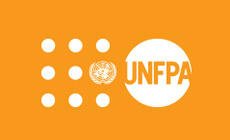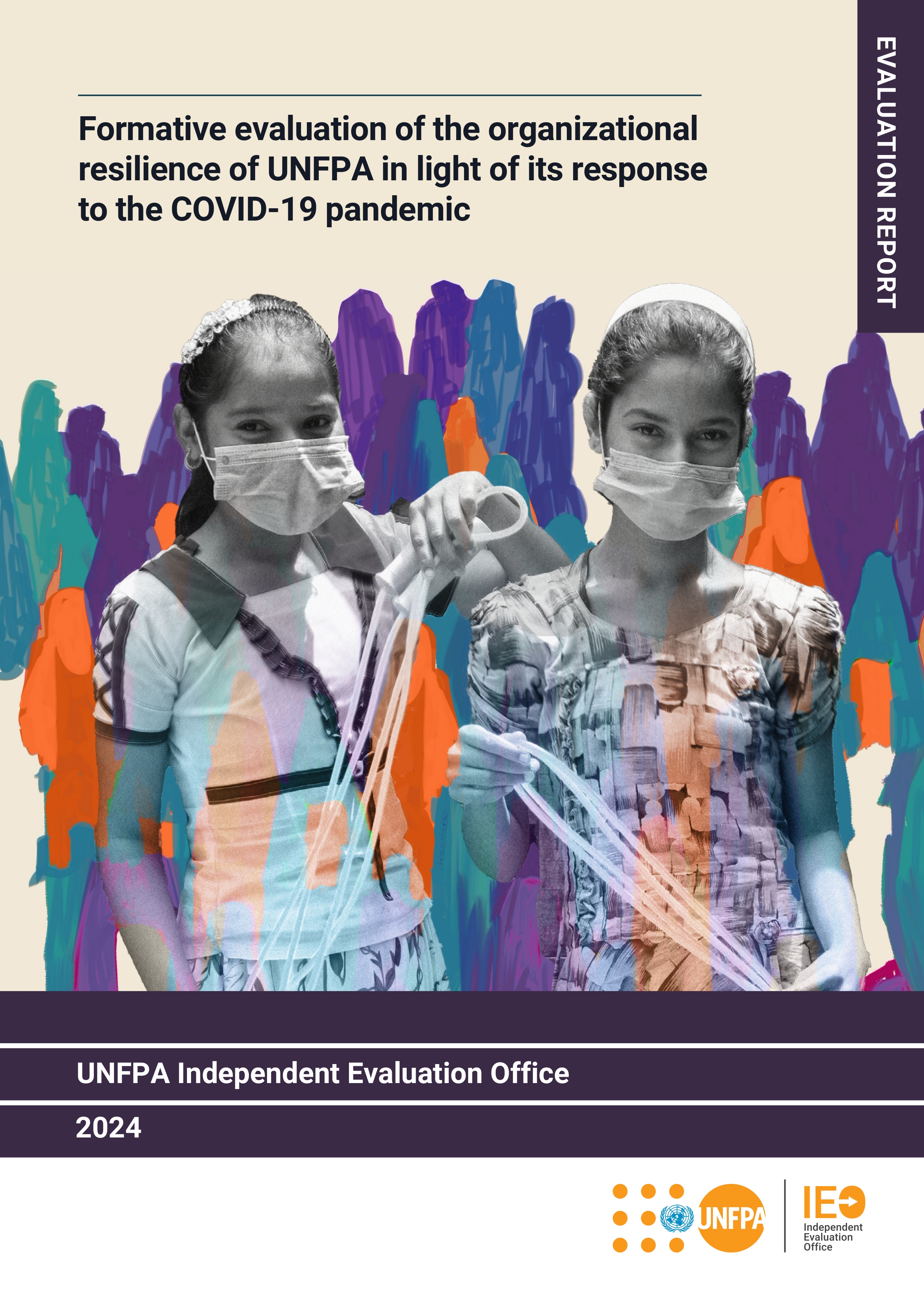Institution Background
UNFPA is the United Nations sexual and reproductive health agency. Its mission is to deliver a world where every pregnancy is wanted, every childbirth is safe and every young person's potential is fulfilled. UNFPA promotes gender equality and empowers women, girls and young people to take control of their bodies and their futures. It works with partners in more than 150 countries to provide access to a wide range of sexual and reproductive health services. The agency’s goal is ending unmet need for family planning, preventable maternal death, and gender-based violence and harmful practices including child marriage and female genital mutilation by 2030.
Evaluation Function
Evaluation function
Evaluation at UNFPA strengthens accountability, evidence-based decision-making and learning to accelerate the delivery of the UNFPA strategic plan. It also helps UNFPA become more agile and adaptive amid changing contexts, to reach the furthest behind first.
UNFPA conducts centralized and decentralized evaluations. Centralized evaluations are commissioned by the Independent Evaluation Office (IEO) and assess issues of corporate strategic significance that contribute to achieving the goals of the strategic plan as well as development effectiveness, humanitarian response and organizational performance. It also produces meta-syntheses of evaluations to extract evidence and lessons learned for informed decision-making. A large majority of the centralized evaluations at UNFPA are either joint, inter-agency or system-wide exercises.
Decentralized evaluations at UNFPA are commissioned by country offices, regional offices and headquarters business units. In addition to country programme evaluations and regional programme evaluations, decentralized evaluations include programme and project evaluations (including joint evaluations) managed by the relevant business units.
UNFPA prioritizes enhancing the use of evaluations; intensifying coherence with other United Nations entities; fostering innovation, including by responsibly leveraging Artificial Intelligence in evaluation; and strengthening national evaluation capacities through multi-stakeholder partnerships, including with young and emerging evaluators. To propel the global evaluation community toward the achievement of SDGs by 2030, the IEO co-leads the Decade of EVALUATION for Action, also known as the Eval4Action campaign.
Independence
The UNFPA evaluation function is governed by the evaluation policy, approved by the Executive Board. The IEO is custodian of the evaluation function, and it reports directly to the Executive Board, including through the Annual Report on evaluation. The office is independent from the operational, management and decision-making functions in the organization, and is impartial, objective and free from undue influence. To enhance its independence, positioning and visibility, IEO has its own logo and brand.
Agenda-setting and evaluation planning
A multi-year costed evaluation plan provides a coherent framework to guide the commissioning, management and use of evaluations at UNFPA. This plan, approved by the Executive Board, also provides a basis for monitoring and reporting on the implementation of the planned centralized and decentralized evaluations. The IEO reports on the implementation of the plan to the Executive Board annually.
Quality assurance
The UNFPA Evaluation Quality Assurance and Assessment (EQAA) system includes two components to ensure high quality evaluations: quality assurance and quality assessment. Quality assurance takes place throughout each phase of the evaluation, and quality assessment occurs after an evaluation is completed. An external independent reviewer assesses the final evaluation report against established quality standards and criteria.
Use of evaluation
High quality, relevant, timely, targeted, efficiently and strategically communicated evaluation evidence is vital to influence change and to augment the commitment of UNFPA to be a results-driven organization that is continually learning and adapting. A dedicated strategy by the IEO underscores the importance of a strategic approach to communications and knowledge management in order to facilitate enhanced use of evaluations.
Enhancing the use of evaluative evidence is a shared responsibility of the evaluation function and management. The IEO manages the UNFPA public database of evaluation reports, accompanying management responses and evaluation quality assessments. The Policy and Strategy Division has instituted a management response tracking system, that enables it to monitor the implementation of recommendations and report on their status. The annual report on evaluation, as well as the annual reports of business units, report on the use of and follow-up of selected evaluations.
The IEO also undertakes and inputs into several evaluation meta-syntheses, including joint, interagency and systemwide, to enhance the use of evaluation knowledge.
Joint evaluation
The IEO is sustaining and further deepening its engagement in joint, interagency, and systemwide evaluation exercises at different levels. At the global level, UNFPA has been active in strengthening evaluation coherence within the United Nations system, through engagement with System-Wide Evaluation Office and other United Nations evaluation platforms such as UNEG, the Inter-Agency Humanitarian Evaluation Group, Global COVID-19 Evaluation Coalition, and through joint and interagency centralized evaluation exercises.
At regional and country levels, UNFPA is active in joint evaluations, UNSDCF evaluations, and inter-agency monitoring and evaluation groups at country and regional levels.



